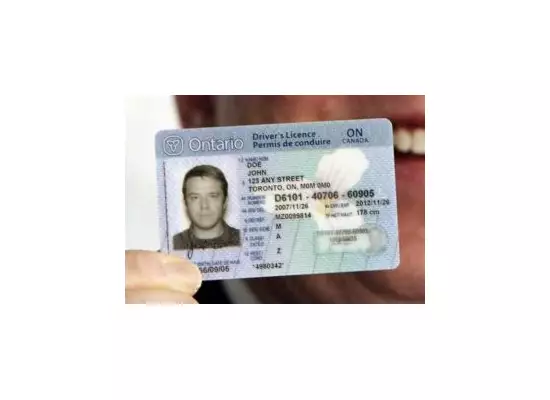DRIVING IN CANADA
Learn about Canadian driver’s license , car insurance, driving laws and rules, buying or leasing a car and safety.
ON THIS PAGE
Canadian Driver’s license
Car Insurance
Driving laws and rules
Buying or leasing a car
Safety
CANADIAN DRIVER’S LICENSE
To legally drive a car in Canada, you’ll need a Canadian driver’s license issued by the government of your province or territory. You must have it with you whenever you’re driving. With it, you can drive anywhere in Canada.
If you have a valid license from your home country, you’ll probably be able to use this to drive in Canada for a short time after you arrive. Check with the government of your province or territory for details.
If you plan to use a foreign driver’s licence in Canada, you should get an International Driving Permit (IDP) in your home country. An IDP will give you a translation of your licence into French and English.
The process to get a Canadian driver’s license depends on the province or territory where you live and on your driving background. It may include:
a written exam on the rules of the road (you can get a study guide to help with this)
one or two driving tests
You may choose to pay for driving lessons to get ready for the driving tests. Search online for lessons.
Once you have a licence, you will have to renew it every so often. The expiry date will be printed on your licence.
See the transportation department in your province or territory to find out more about driver’s licences, exams and driving lessons.
Alberta
British Columbia
Manitoba
New Brunswick
Newfoundland and Labrador
Northwest Territories
Nova Scotia
Nunavut
Ontario
Prince Edward Island
Quebec
Saskatchewan
Yukon
CAR INSURANCE
It is illegal to drive without car insurance in Canada. If you own a car, you must get insurance coverage. If you regularly drive a car that belongs to a relative or friend, you should make sure you’re listed on their car insurance plan.
You can get different types of car insurance plans, including coverage for either or both:
injuries to yourself and damage to your car or
the costs of damages and injury to others if you’re at fault in an accident
Your car insurance cost depends on the plan you choose and your:
age
driving record
living location
driving experience
The cost also varies between insurance companies. For this reason, you should:
make sure you understand what each plan covers
contact a few companies for details about the price of their insurance plans
DRIVING LAWS AND RULES
You must follow Canada’s driving laws. Before you start driving, take time to learn the laws in your province or territory.
For a full list of laws and rules about driving, get a copy of the driving guide issued by the department that regulates cars and driving in your province or territory. You can usually get these guides at service centres, online and in stores.
Driving laws are strictly enforced in Canada. Penalties for breaking the law are generally severe. Read about some of the most important laws to know.
IF YOU’RE IN AN ACCIDENT
It’s a serious crime to leave the scene of the accident. This includes accidents with another vehicle or hitting a pedestrian. If you’re in an accident:
call the emergency number (911) for police and an ambulance (if you need one)
wait at the scene until the emergency services you called arrive
exchange information with the other driver (if the accident involves another vehicle), including:
name
address
telephone number
licence plate
driver’s licence numbers
insurance company name
insurance plan number
BUYING OR LEASING A CAR
You can search the Internet or call the local transportation ministry in your city to find out about car dealers or car rental agencies.
If you only need a car for short periods, you can rent a car from a car rental agency. Make sure car insurance is included in your car rental agreement if you need it.
In some cities, there are car-sharing programs that let you use a car without buying, leasing or renting one. You may want to research this option to see if it meets your needs.
BUYING A CAR
You can buy a new or used car from a:
car dealer
person who is selling their car
Get information and help with buying or selling a car from the department that regulates cars and driving in your province or territory. For information on consumer issues related to buying a vehicle:
see the Canadian Consumer Handbook
contact your provincial or territorial consumer affairs office
LEASING A CAR
Instead of buying a car, many people in Canada lease a car from a car dealer. A lease is a legal agreement between you and the dealer in which you:
agree to pay a fee to use the car for a specific period of time (usually several years)
return the car to the dealer in good condition after the time ends
Since a lease is a legal agreement, make sure you understand the terms and conditions of the lease before you sign it.
SAFETY
The Canada Safety Council has information on what drivers can do to improve road safety in Canada.
Become familiar with safety issues related to winter driving. Snow and ice are major driving hazards in most parts of Canada. Drive slowly in snowy and icy conditions. It’s also a good idea to buy special winter tires for your car (this is mandatory in some provinces).

